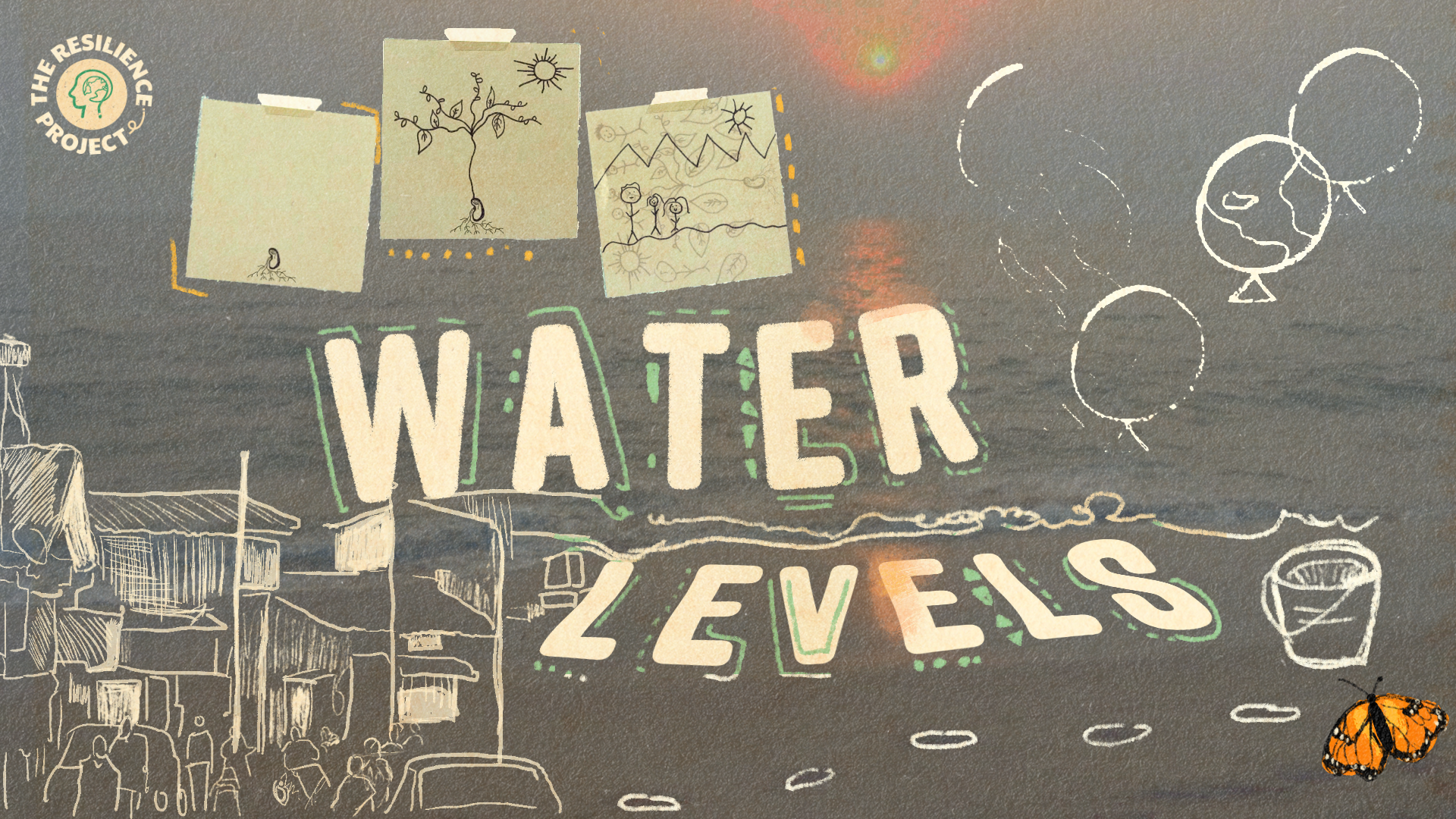
Ananya Pathak | 2023
Ananya is a young member of the Board of Youth for The Resilience Project and she attended the Global Convening of Youth on Eco-Anxiety event facilitated and hosted by Susty Vibes. This event was attended by climate activists from over 10 countries who came together to share global perspectives on climate anxiety.
In response to the workshop, Ananya created a short film of mixed media exploring the different levels and degrees of climate anxiety. She navigates the different realms of climate anxiety, through a global majority and youth lens. She says “I’ve been told that I’m over-empathetic, overreacting, or overthinking. I’ve been told that I don’t live enough”, a statement that has been repeated consistently to young climate changemakers who express their thoughts and feelings about the planet they have inherited from older generations. Ananya’s film is an exceptional example of using art to communicate around and process climate emotions. Whilst the film explores the consequences of climate breakdown in India, the narration in the form of Ananya’s inner monologue is reminiscent of thoughts and feelings shared by young people all over the world. The short film is a recommended watch for those who are looking for affirmation and resonance.

Thumbnail for Water Levels, a climate film on justice, systems and hope (amongst other things).
Water Levels’ young director describes the climate justice film as a “climate crisis-fuelled film that begins with the ocean and ends with the ocean--and with buckets, globes, and child-like scribbles in-between--Water Levels is a collage of the experiences, feelings, and musings of a 16-year-old trying to figure out what environmental justice means. This is a story that is located within Mumbai, derives from Goan heritage, and emerges from shared global hopes.”
Research shows that at least 70% of young people experience anxiety about their present and future. In the film, Ananya expresses confusion about living in a crisis-filled world where our safety is at stake, the pain of being (dis)connected from our ecological heritages, and the hyper-awareness of a future society that does not address today and tomorrow’s harsh realities.
Young people are faced with mental and physical burdens caused and exacerbated by the climate crisis. Whilst young people are working towards building a stable future through education and work, they face external challenges and threats that make their future less livable. Natural disasters are becoming more frequent, particularly in Global South countries that contributed the least to global greenhouse gas emissions. Devastating floods, droughts, wildfires are deteriorating people’s access to land, water, food and energy. Vulnerable communities across the globe are seeking stability and young people are concerned about whether the future will be livable for them and their communities.
These concerns lead to generational resentment directed towards elder generations who are seen as complicit to the state of the world that we live in today, particularly to those who hold power and resources. “Our current systems point towards a future where the powerfully ignorant warm their hands over a burning world”, Ananya’s climate anxiety carries frustration and disappointment in the status quo.

Ananya poses the question “can systems change too?”, well can we? The film raises more questions encouraging the audience to think about the various, fluid and radical ways we can move forward towards a future that is equitable, resilient and rooted in community.
Follow Ananya’s journey by watching their short film Water Levels, a climate film, on justice, systems and hope (amongst other things) here or watch it below and follow their work on Instagram @thedicollective.

